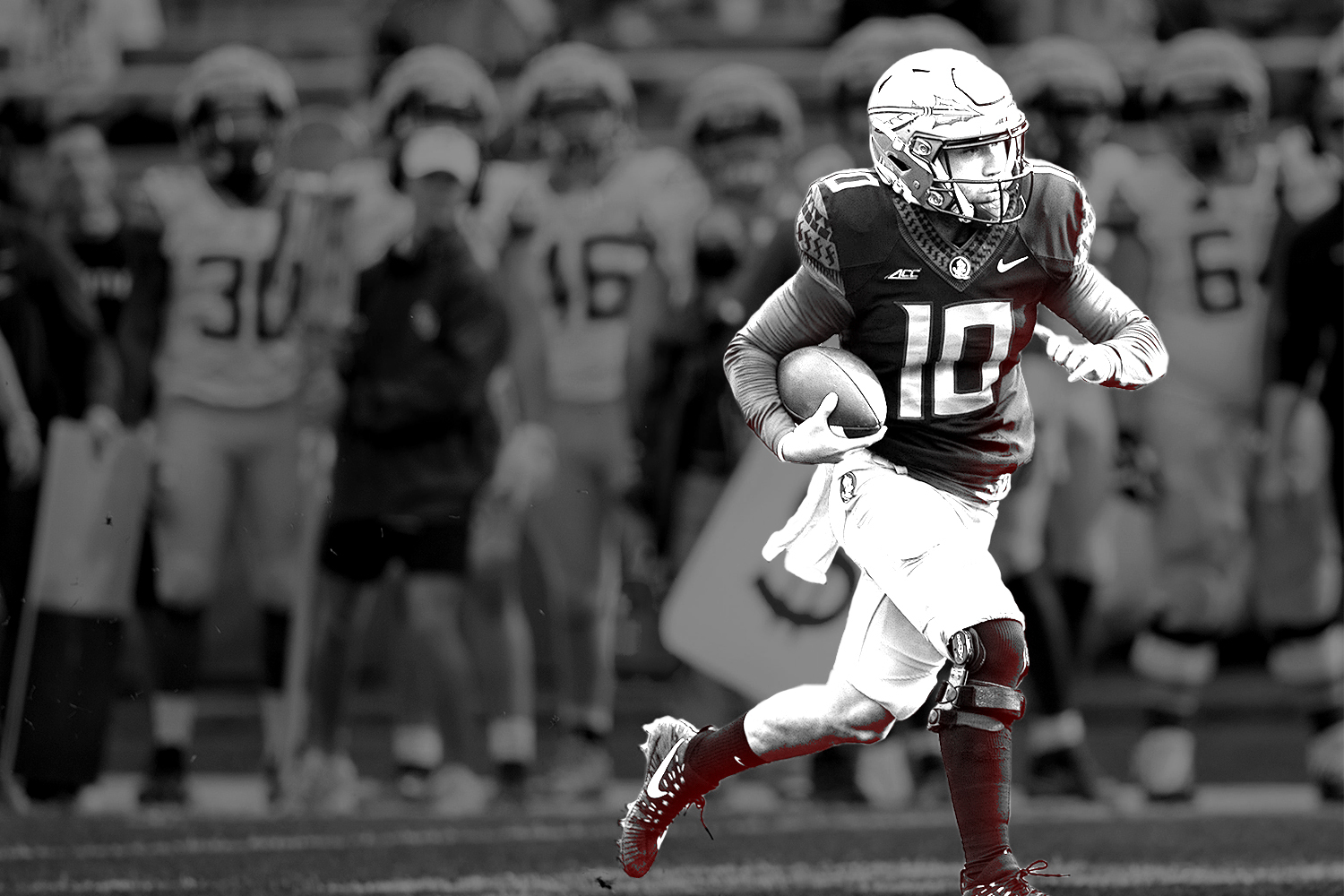As of today, 27 states have some sort of NIL law on the books. Each law is slightly different, but many of them share what might be considered common-sense limitations to the NIL market.
Take SB2338 here in my home state of Illinois, for example. Section 20 (i) states that:
No student-athlete shall enter into a publicity rights agreement or receive compensation from a third-party licensee for the endorsement or promotion of gambling, sports betting, controlled substances … or any other product or service that is reasonably considered to be inconsistent with the values or mission of a postsecondary educational institution or … its athletic programs.
Mississippi’s SB2313 is nearly identical.
The specifics vary, but many of the other state laws share similar language, not just about prohibited industries like gambling, adult-entertainment, and controlled substances, but about reporting and compliance responsibilities.
Very broadly speaking, you could say that many state laws restrict athletes from participating in controversial industries, and require athletes to inform their schools about which deals they secure.
For the schools in the other 23 states? The NCAA says they can set their own policies.
After their drubbing by the Supreme Court in Alston, the NCAA was in no hurry to impose a national NIL standard that would almost certainly fail to stand up to legal challenges.
With no federal NIL bill likely to pass in the immediate future, all the NCAA central office could do is advise member schools to come up with their own NIL policies if they don’t have a specific state law to adhere to.
Many public schools created similar guidelines, like Ball State, the University of Minnesota, and Weber State. All of these guidelines prohibit athletes from participating in certain industries and require them to disclose deals.





![[Subscription Customers Only] Jun 15, 2025; Seattle, Washington, USA; Botafogo owner John Textor inside the stadium before the match during a group stage match of the 2025 FIFA Club World Cup at Lumen Field.](https://frontofficesports.com/wp-content/uploads/2026/02/USATSI_26465842_168416386_lowres-scaled.jpg?quality=100&w=1024)
![[Subscription Customers Only] Jul 13, 2025; East Rutherford, New Jersey, USA; Chelsea FC midfielder Cole Palmer (10) celebrates winning the final of the 2025 FIFA Club World Cup at MetLife Stadium](https://frontofficesports.com/wp-content/uploads/2026/02/USATSI_26636703-scaled-e1770932227605.jpg?quality=100&w=1024)










